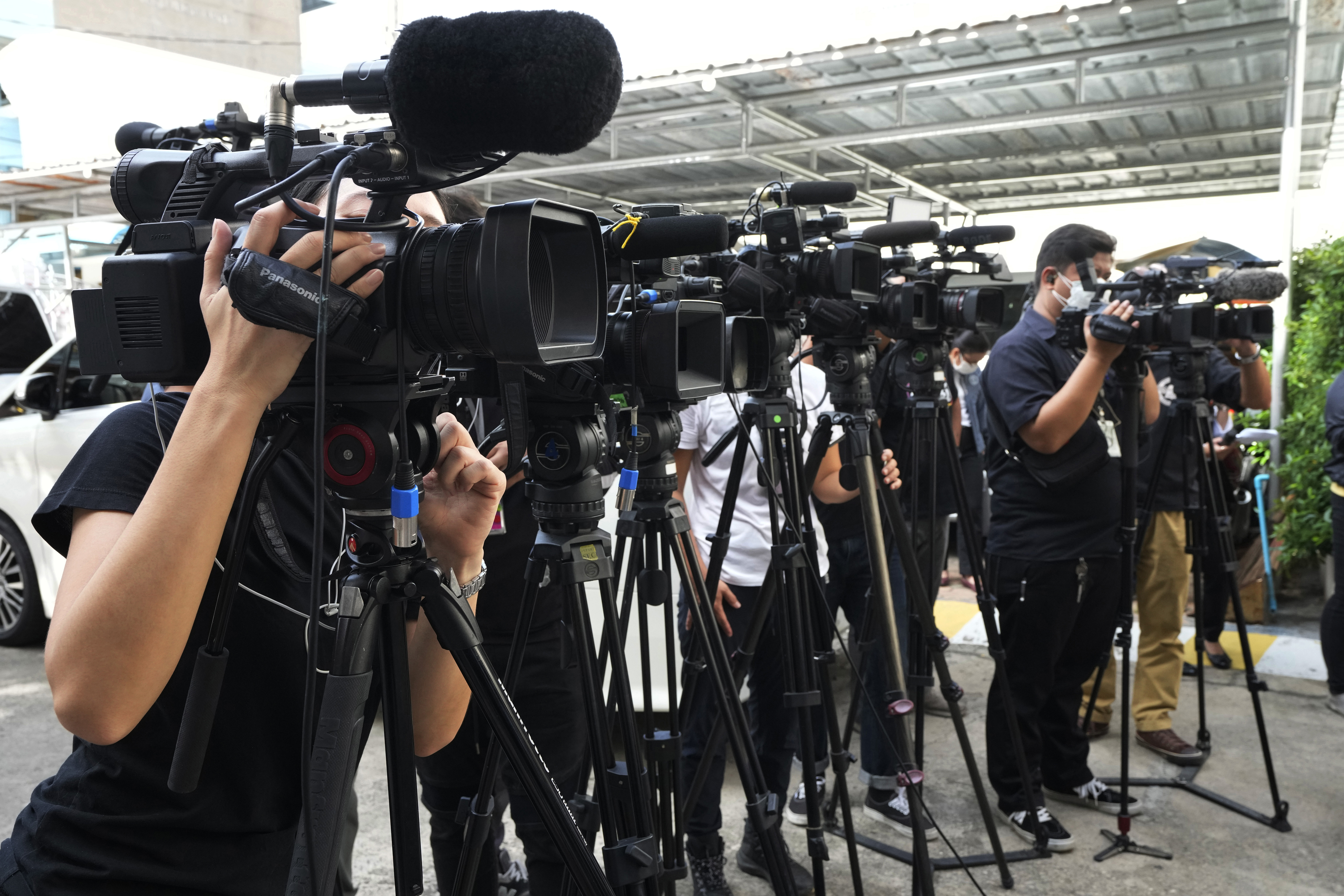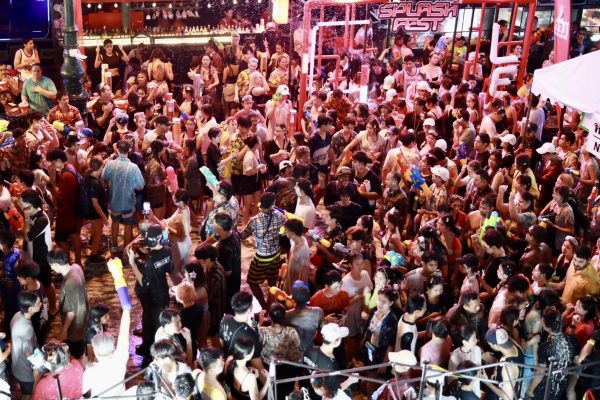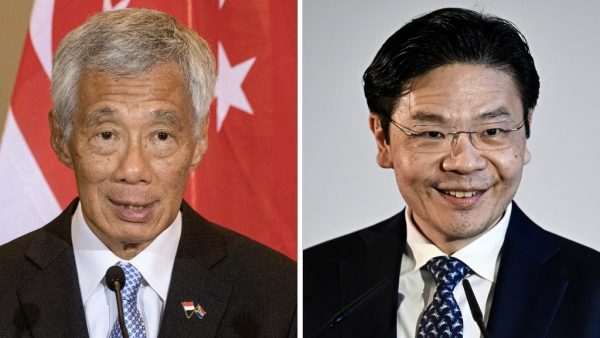Thai Civil Court issues injunction against PM’s decree banning fake news with censorship threat

On Friday, Thailand’s Civil Court issued an injunction to suspend Prime Minister Prayut Chan-o-cha’s ban on dissemination of fake and distorted news and fearmongering, with a threat of Internet censorship if violations are found, saying such an order is unlawful and restrictive in terms of rights and freedoms.
“Considering that Section 9 of the Emergency Decree on Public Administration in Emergency Situations B.E. 2548 (2005) (No.29) provides the Prime Minister no authorisation to suspend internet service provision, Article 2 of the regulation, authorising the suspension of internet service provision against the Internet Protocol address (IP Address), from which the user has disseminated the information, is not compatible with the Regulation and is contrary to the law,” reads the Civil Court’s press statement.
“It is the view of the Court that, considering the existence of several legal instruments establishing the measures concerning illegal dissemination of information and the government’s capability to educate people, develop public understanding and examine false information, the suspension of the enforcement of such Regulation does not pose any obstacle to public administration in emergency situations and the public interest,” the Court added.
The injunction came after a petition, from human rights lawyers, media organisations and reporters, was submitted to the court on Monday August 2nd.
The ban, which came into effect on July 30th, has been met with a lot of opposition from the media and rights organisations, expressing concern over encroachment on media freedoms.
Under the order, the National Broadcasting and Telecommunications Commission (NBTC) had the authority to revoke the licenses of media which violate the rules. It would have been required to not just monitor news deemed to be distorted and fearmongering, but also to inform the police of the identity of the violators. Those found guilty could have their IP address traced and internet access cut by the NBTC.
Thailand has been under a State of Emergency since March 2020, which has been repeatedly extended to bring the pandemic under control. The Emergency Decree has, however, also been used to suppress political protests, which flared up in early 2020 and intensified in the second half of last year.
In October 2020, four Thai media organisations were facing censorship over their reports on political protests which referred to the monarchy, but any planned legal action has been dropped.






